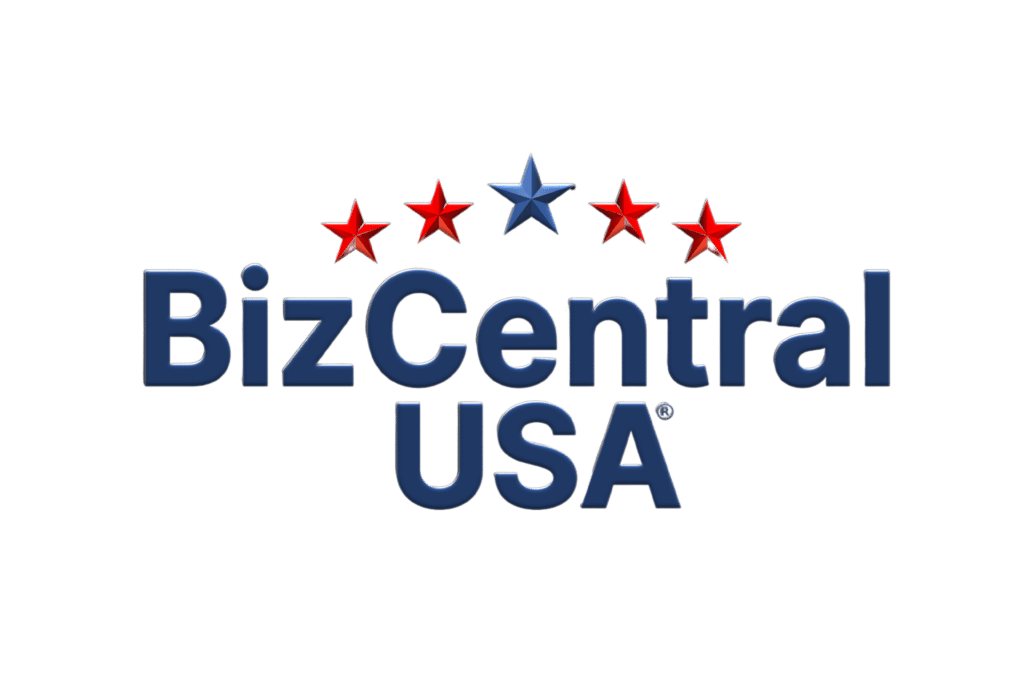Disclaimer: The information provided in this blog post is for educational purposes only and should not be considered legal or financial advice. It is recommended that you consult with a professional before taking any action.
Federal contracting presents a lucrative opportunity for women entrepreneurs to grow their businesses and make a significant impact. However, breaking into this space can be challenging due to various barriers. In this blog post, we will explore strategies that women entrepreneurs can employ to excel in federal contracting and overcome these barriers.
1. Know the Landscape
Understanding the federal contracting landscape is crucial for success. Start by researching government agencies and departments that align with your business offerings. Identify the key decision-makers, contracting officers, and procurement processes. Stay updated on industry trends, regulations, and changes in contracting requirements through reliable sources like the Small Business Administration (SBA) and industry-specific publications.
2. Certifications and Set-Asides
Leverage certifications to gain a competitive advantage. The Women-Owned Small Business (WOSB) and Economically Disadvantaged Women-Owned Small Business (EDWOSB) certifications provide access to set-aside contracts exclusively for women-owned businesses. These certifications demonstrate credibility and increase visibility, making your business more attractive to government agencies and prime contractors.
3. Build Relationships
Networking and relationship-building are essential in federal contracting. Attend industry conferences, trade shows, and networking events to connect with potential clients, mentors, and other entrepreneurs. Join professional organizations, such as the National Association of Women Business Owners (NAWBO), that offer resources, support, and opportunities for collaboration. Building strong relationships can open doors to partnerships and subcontracting opportunities.
4. Develop a Capabilities Statement
A capabilities statement is a concise document that highlights your company’s qualifications, past performance, and capabilities. Tailor your capabilities statement to specific agencies and contracts, showcasing how your business can meet their needs. Include relevant certifications, past successes, and testimonials from satisfied clients. A well-crafted capabilities statement serves as a powerful marketing tool and can give you a competitive edge.
5. Stay Informed and Prepared
Keep track of upcoming contracting opportunities by monitoring government websites and contracting portals. Familiarize yourself with the Federal Acquisition Regulation (FAR) and agency-specific requirements. Be proactive in responding to Requests for Proposals (RFPs) and submit well-prepared bids that address all the evaluation criteria. Pay attention to deadlines, submission requirements, and any additional documentation needed.
6. Seek Mentorship and Assistance
Take advantage of mentorship programs offered by the SBA and other organizations. Mentors who have navigated the federal contracting landscape can provide guidance, support, and valuable insights. They can help you avoid common pitfalls, strategize on business development, and connect you with valuable resources. Additionally, consider engaging a professional consultant or contracting specialist to assist with proposal development and compliance.
7. Focus on Performance and Quality
Building a reputation for delivering outstanding performance and quality is critical. Successful contract execution can lead to positive references, repeat contracts, and referrals. Establish robust processes and systems to ensure efficient project management, meeting deliverables, and maintaining high standards of service. Strive for excellence in everything you do to build trust and credibility with your clients.
8. Collaborate and Form Strategic Partnerships
Collaboration and partnering with other businesses can open doors to larger opportunities. Seek out subcontracting and teaming arrangements with experienced contractors, especially those with established relationships with government agencies. Partnering with complementary businesses allows you to offer a more comprehensive solution, increasing your competitiveness and chances of winning contracts.
Breaking barriers and excelling in federal contracting requires perseverance, knowledge, and strategic planning. By understanding the landscape, leveraging certifications, building relationships, staying informed, seeking assistance, focusing on performance, and collaborating, women entrepreneurs can position themselves for success. Remember, federal contracting is a journey that requires continuous learning and adaptation. With the right strategies and a growth mindset, you can overcome challenges and achieve your business goals in this rewarding sector.
Need help getting the WOSB or the EDWOSB? Contact BizCentral USA today at 833-217-9667
Sources: Small Business Administration (SBA), National Association of Women Business Owners (NAWBO)
